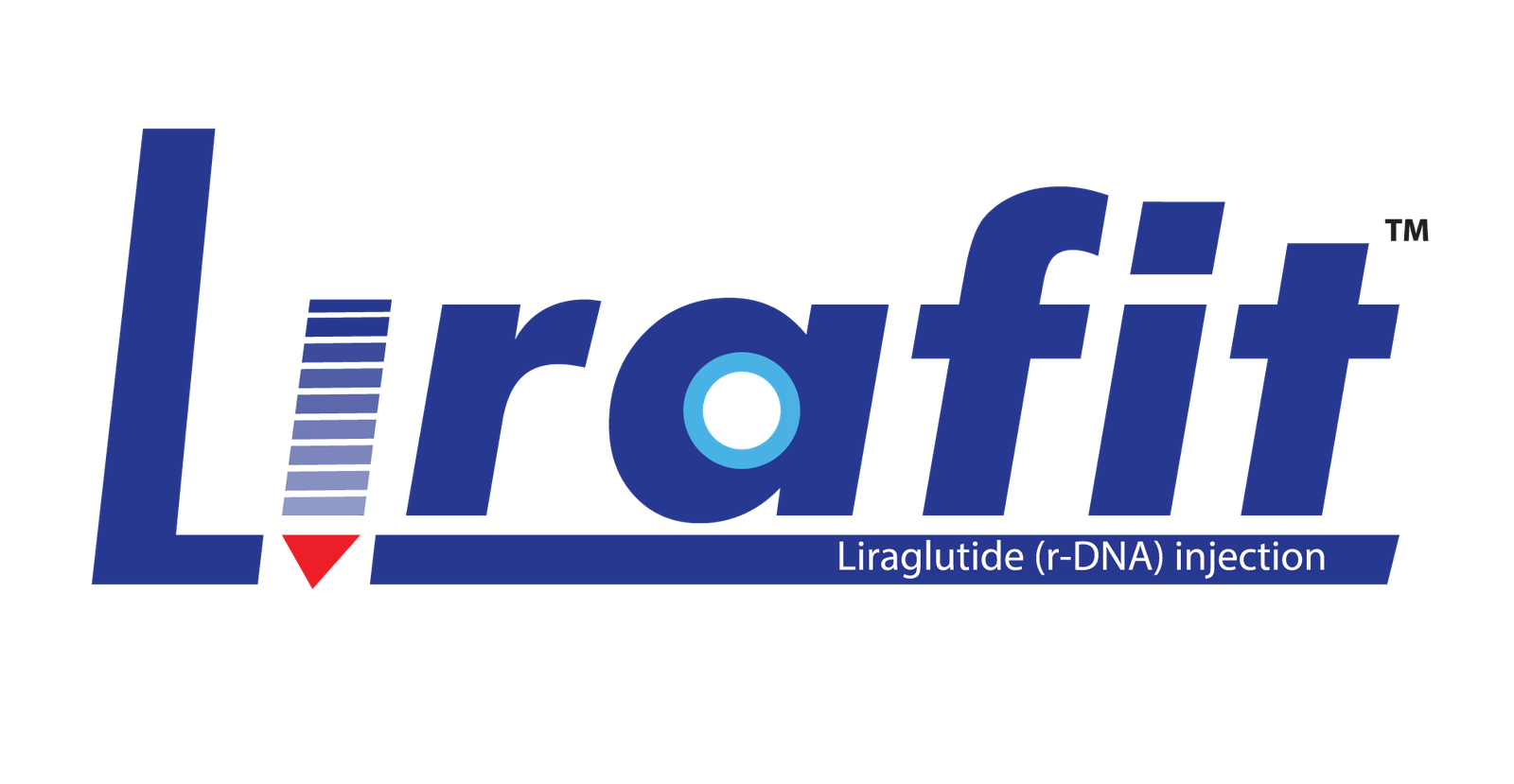
Mail Us
Global.CustomerService@glenmarkpharma.com
Call Us
1800 266 6255


Global.CustomerService@glenmarkpharma.com
1800 266 6255


US FDA recommends antidiabetic medications to undergo Cardiovascular Outcome Trials (CVOT) to determine their role on major adverse cardiovascular events (MACE). 1 Since the time of this recommendation, the risk of MACE, including Non-fatal myocardial infarction, Non-fatal stroke and cardiovascular mortality with GLP-1RA, SGLT2 inhibitors and DPP4 inhibitors has been evaluated. Here we highlight one such CVOT trial for GLP-1RA: Liraglutide, the LEADER clinical trial that has demonstrated CV benefit in T2DM patients with ASCVD.
Liraglutide has been prospectively investigated in a series of multinational, randomized, controlled phase 3 trials (Liraglutide Effect and Action in Diabetes) LEAD clinical trial programme. These trials were designed to establish the efficacy and safety of Liraglutide in clinical practice across the treatment continuum of T2DM. Liraglutide has been compared against antidiabetic agents including metformin, rosiglitazone, glimepiride, insulin glargine, exenatide and sitagliptin, which has helped to examine the clinical differences and similarities between Liraglutide and these commonly used agents. In this section we highlight different Phase III clinical trials of Liraglutide under the LEAD clinical trial program.
Liraglutide, a once-daily human GLP-1 analogue, added to a sulphonylurea over 26 weeks produces greater improvements in glycaemic and weight control compared with adding rosiglitazone or placebo in subjects with Type 2 diabetes (LEAD-1 SU)
Efficacy and safety comparison of liraglutide, glimepiride, and placebo, all in combination with metformin, in type 2 diabetes: the LEAD (liraglutide effect and action in diabetes)-2 study
Efficacy and safety of the human glucagon-like peptide-1 analog liraglutide in combination with metformin and thiazolidinedione in patients with type 2 diabetes (LEAD-4 Met+TZD)
Liraglutide vs insulin glargine and placebo in combination with metformin and sulfonylurea therapy in type 2 diabetes mellitus (LEAD-5 met+SU): a randomised controlled trial
Obesity is a modifiable risk factor in the development of type 2 diabetes mellitus T2DM. This combination is associated with increasing mortality, cardiovascular risk and healthcare costs. Obesity should also be considered when choosing medical therapy for T2DM. Common diabetes medications like Sulfonylureas may lead to weight gain whereas others like GLP-1RA and SGLT2 inhibitors lead to weight loss. Here, we present the data of GLP-1RA: Liraglutide, in the management of Obesity in T2DM patients.
Copyright © 2022 GLENMARK PHARMACUTICALS LTD – All Rights Reserved | Terms Contitions | Privacy Policy